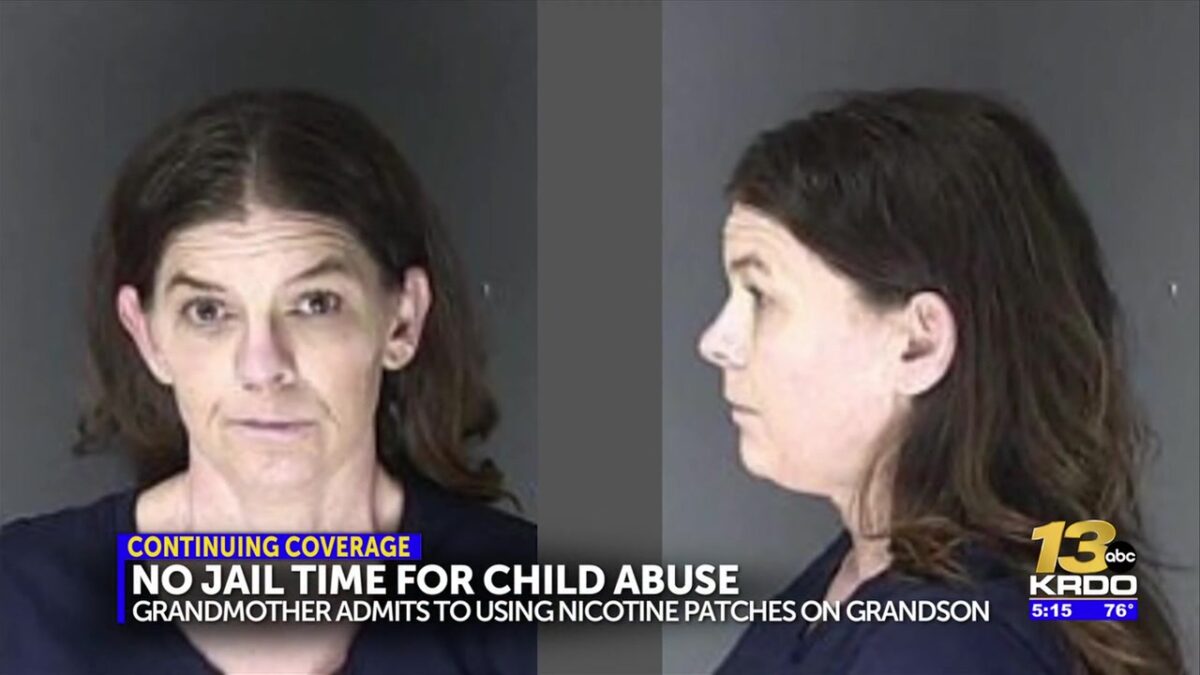Woman who tried to cure grandson’s autism with nicotine sentenced to probation

Celeste Springer
EL PASO COUNTY, Colo. (KRDO) — A Southern Colorado grandmother who tried to cure her grandson’s autism with nicotine patches pleaded guilty to child abuse and was sentenced to probation on Wednesday.
According to arrest records, Tammy Eddings-Dion’s 4-year-old became lethargic, started vomiting, and was taken to the hospital on April 3, 2025. It was then that hospital staff found a nicotine patch on his leg. The boy tested positive for nicotine poisoning, according to records.
Records say that just a day later, the boy’s mother found yet another patch on him.
The boy’s mother told detectives that Eddings-Dion sent her a text saying that she had received a 30-day supply of 24-hour release nicotine patches in the mail. Arrest records say the mother responded, asking the grandmother not to use the patches on the 4-year-old boy.
On Wednesday, Eddings-Dion was sentenced to three years of probation and 40 hours of community service.
In a previous interview with KRDO13, the boy’s mother said the entire situation has been incredibly difficult. She also expressed upset that her son’s autism isn’t something to “fix.”
“He’s perfect. He’s so sweet. He’s like this little ball of energy. He is so kind and so caring, and he’s just really happy all the time. He cares when other people get hurt. And so it breaks my heart that a child so empathetic and caring can have this happen to him, especially by someone he was supposed to trust, someone I could trust. And it turns out sometimes the people closest to you are the people you can’t trust the most,” said Kaylene Albuquerque.
The Autism Science Foundation (ASF) categorizes nicotine patch treatment as one of several “Biomedical Non-Evidence-Based Treatments.”
ASF says, “Proponents of nicotine patch use in individuals with autistic spectrum disorders (ASD) believe that the nicotine released into the body from the patch activates and upregulates receptors, and thereby reduces ASD symptoms.” However, “use of this treatment is not supported by scientific evidence,” and no clinical trials have shown nicotine patches are a safe or effective treatment for autistic spectrum disorders.